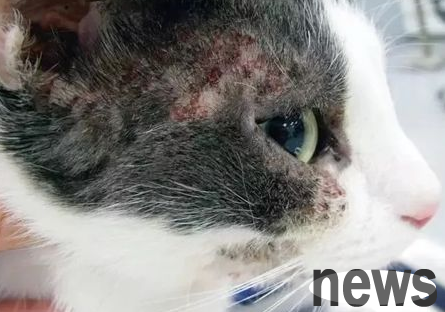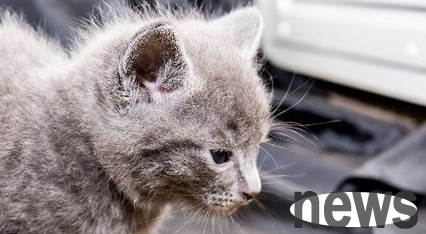Cats eat foods that can cause allergic reactions, such as milk, animal food and certain grains.

Symptoms: The stomach type can be seen to vomit immediately shortly after feeding, diarrhea, feces are like water and sometimes bloody, the skin type can be seen to have dry skin, thick and messy hair, papules appear on the skin, and the eyes, nose, and face are itchy and caused local skin damage and bleeding; the mixed type can see digestive system and skin symptoms, weight loss, and dehydration.

Diagnosis: In addition to the above symptoms, dietary testing can also be used, that is, feeding cats with less irritating foods to observe whether allergic symptoms are relieved, so as to eliminate the possibility of this disease due to environmental factors, and at the same time, the food that causes this disease can also be determined.
Treatment:
1. Stop feeding food that causes allergies immediately.
2. Oral administration of diphenhydramine or chlorophenipylamide.
3. Oral or intramuscular injection of dexamethasone.
Prevention: Cat keepers should observe the cat's feeding and after feeding at any time. If they find that the cat is allergic to a certain food, they should stop feeding the food in time and use other foods instead.
